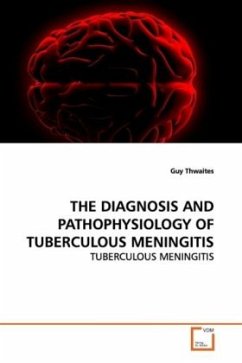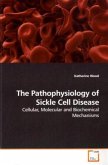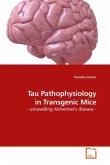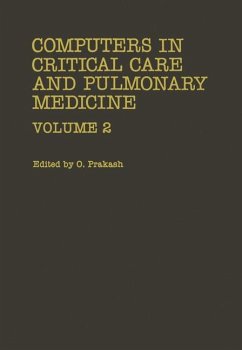Approximately 30% of people with tuberculous
meningitis (TBM) die despite modern treatment.
Survival is dependent upon early treatment but
diagnosis is difficult: the clinical features are
non-specific, conventional bacteriology is widely
regarded as insensitive, and newer diagnostic tests
are incompletely evaluated. In addition, the
pathogenesis of TBM remains so poorly understood
that prospects for new interventions to improve
outcome are few. This thesis examines the diagnosis
and pathophysiology of TBM in adults admitted to an
infectious disease hospital in Ho Chi Minh City,
Vietnam. The aim was to address three questions:
what is the best method for distinguishing TBM from
other central nervous system disorders, how does
disease pathophysiology relate to treatment and
clinical outcome, and what other variables influence
prognosis?
meningitis (TBM) die despite modern treatment.
Survival is dependent upon early treatment but
diagnosis is difficult: the clinical features are
non-specific, conventional bacteriology is widely
regarded as insensitive, and newer diagnostic tests
are incompletely evaluated. In addition, the
pathogenesis of TBM remains so poorly understood
that prospects for new interventions to improve
outcome are few. This thesis examines the diagnosis
and pathophysiology of TBM in adults admitted to an
infectious disease hospital in Ho Chi Minh City,
Vietnam. The aim was to address three questions:
what is the best method for distinguishing TBM from
other central nervous system disorders, how does
disease pathophysiology relate to treatment and
clinical outcome, and what other variables influence
prognosis?








